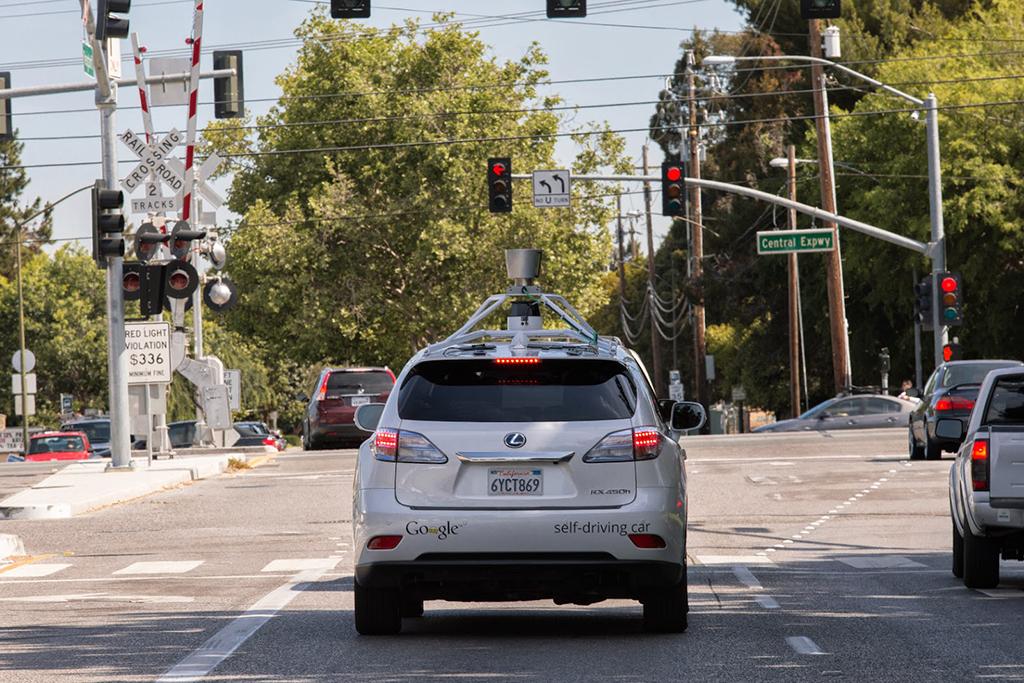
CARS.COM — The driverless-car era is likely only a few years away, but in the meantime proponents of the technology are asking Congress to take the wheel in steering related legislation. Representatives from Google and GM on Tuesday addressed lawmakers at a hearing of the Senate Commerce, Science and Transportation Committee, imploring them to prevent legislatures across the nation from creating a "patchwork" of state-by-state laws that will stall the progress of autonomous cars.
Related: Safety Regulators Wrestle With Future of Autonomous Cars
Chris Urmson, director of self-driving cars for Google X, addressed the panel. He told members that in the past two years nearly half of states have introduced 53 pieces of legislation that affect driverless cars, according to the Detroit News. He said the result of the nonuniform legislation is a potentially "unworkable" situation, the newspaper reported.
Urmson noted that Google's autonomous cars have been tested for the past seven years over 1.4 million miles in three states. If every state adopts different laws governing driverless cars, he said, crossing state lines in the vehicles will be impractical.
Mike Ableson, GM's vice president for strategy and global portfolio planning, also addressed the committee. Pointing to the automaker's recent acquisition of driverless-car software developer Cruise Automation, Ableson said he expected vehicle-to-vehicle safety communication technology to hit the market later this year in the 2017 Cadillac CTS midsize sedan, the Detroit News reported.
Proponents of autonomous cars have estimated that the technology could dramatically reduce the more than 30,000 traffic deaths that occur in the U.S. each year, most of which are directly attributable to human error. But autonomous-vehicle mishaps — like the recent bus collision involving one of Google's driverless test cars — cast doubt on the technology's viability for some.
Just last week the National Highway Traffic Safety Administration announced that it would hold two hearings in coming months to gather public input for the purpose of creating uniform federal regulations governing driverless cars. A report commissioned by the U.S. Department of Transportation, also announced last week, showed that autonomous cars with conventional human controls would fit more seamlessly into existing regulations, while unconventional designs with no option for human control would pose greater regulatory complications.
No comments:
Post a Comment